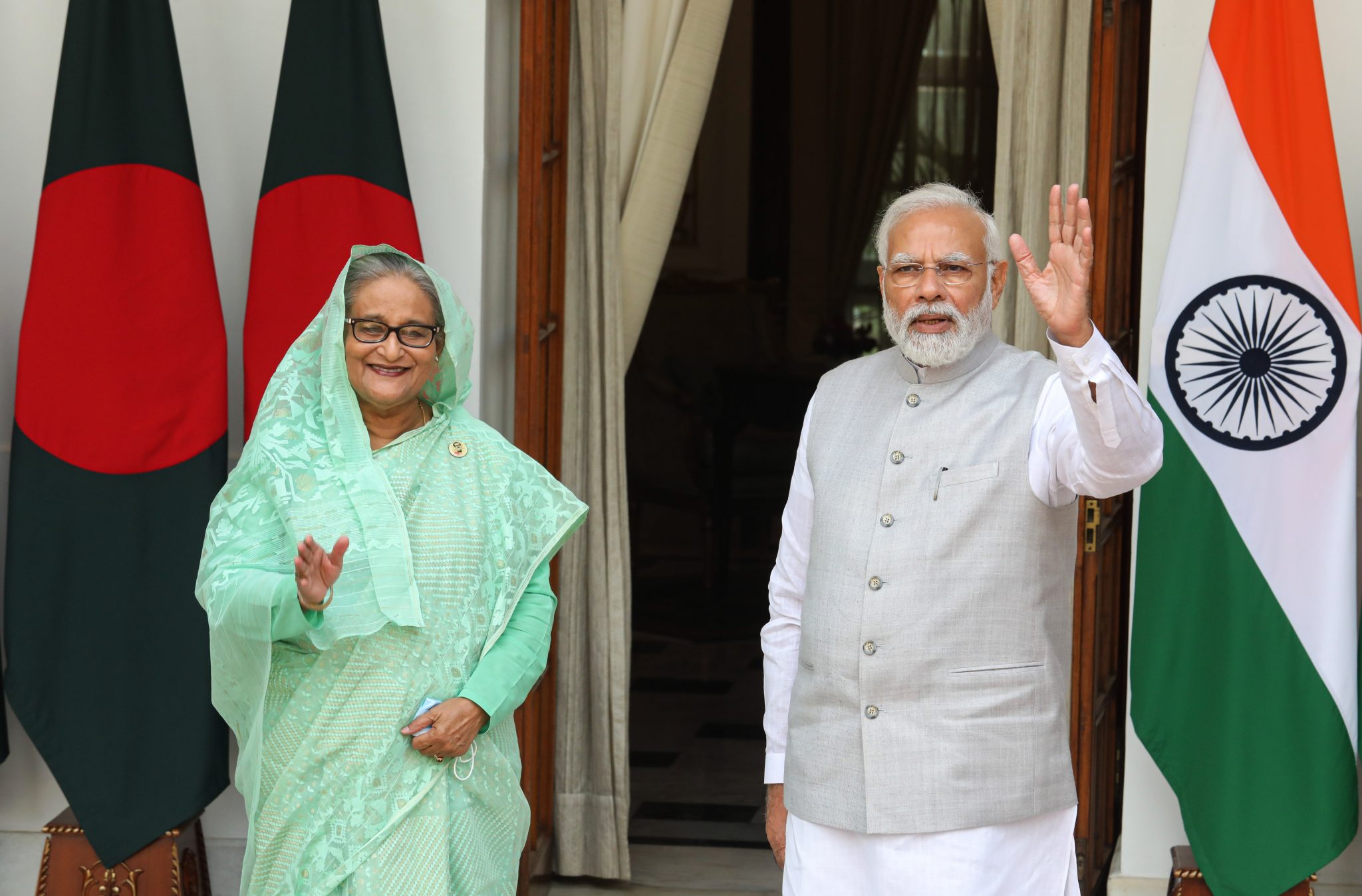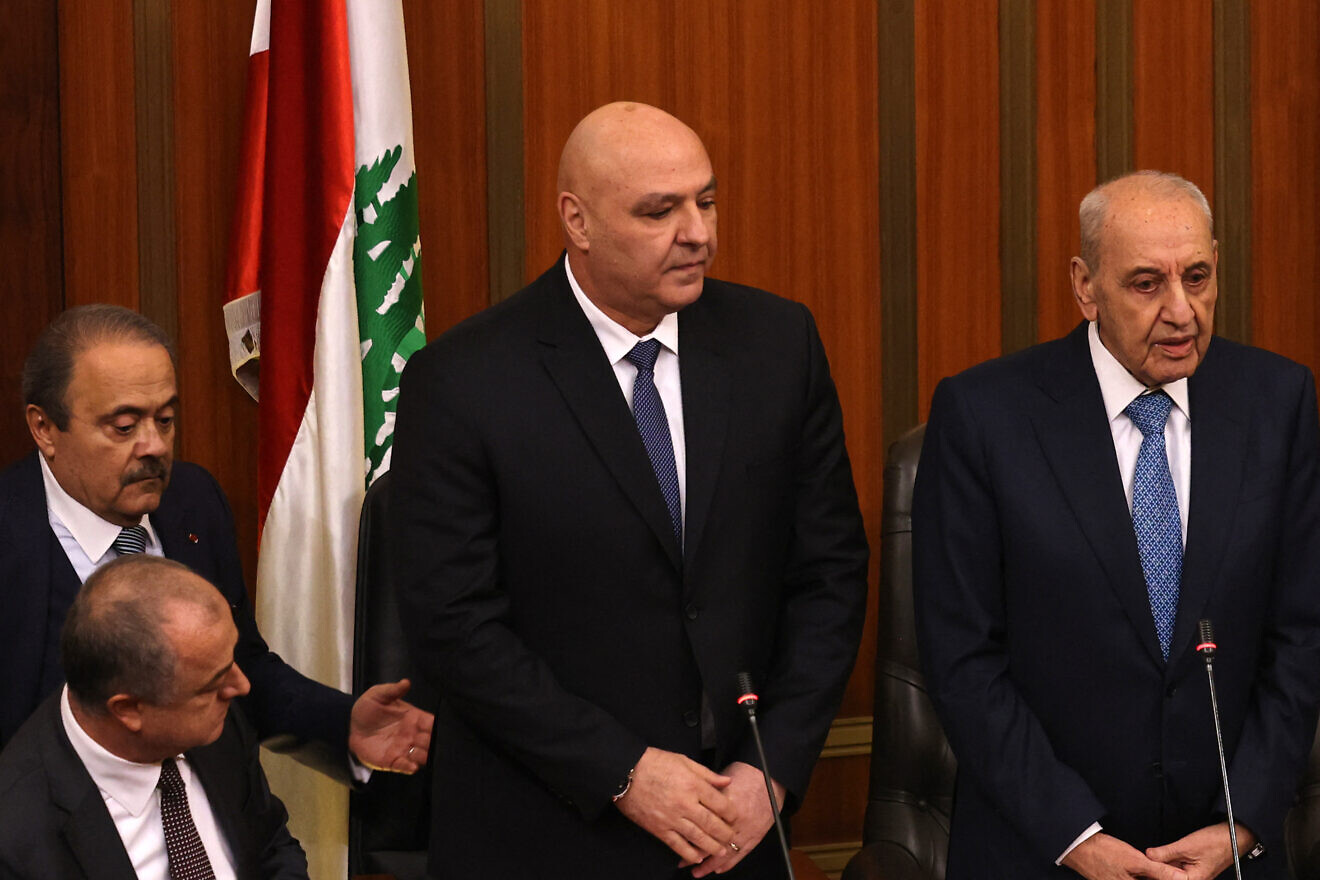Author: Smruti S Pattanaik, Manohar Parrikar Institute for Defence Studies and Analyses
In 2021, India and Bangladesh celebrated fifty years of diplomatic ties. Bangladesh remains an important partner of India in the region, and the last decade has been described as the ‘golden chapter’ of bilateral relations between the two countries. Yet several sources of tensions — such as the sharing of the Teesta river, non-tariff trade barriers and firing at the border due to smuggling — are major stumbling blocks.
Given the geographical proximity and history, the relationship with India has always been part of electoral politics in Bangladesh. It is not surprising that Bangladeshi Prime Minister Sheikh Hasina’s visit to India in September 2022 was seen by some as an electoral strategy.
Many in Bangladesh believe that India’s support for Hasina in the flawed 2014 and 2018 elections has sustained her term in power. Yet before the 2018 polls, many leaders from the main political opposition, the Bangladesh Nationalist Party (BNP), visited India to seek New Delhi’s support for a free and fair election.
Unlike the 2014 election, when India argued for multiparty participation, in 2018, it maintained a studied silence on the election and refused to give any statements on the electoral process. India has maintained that the functioning of democracy in Bangladesh is an internal affair. But India has dealt with military and authoritarian regimes in South Asia in the past, so it should not make an exception for Bangladesh. And unlike the BNP regime, whose past governments provided shelter to insurgents from India’s northeast, Sheikh Hasina has remained committed to India’s security concerns there.
Economic development is a priority for both countries, which are committed to reviving the pre-partition transport network and further integrating Eastern South Asia. India and Bangladesh are already part of the Bay of Bengal Initiative for Multi-Sectoral Technical and Economic Cooperation (BIMSTEC) and the Bangladesh, Bhutan, India and Nepal (BBIN) regional frameworks. These agreements place Motor Vehicle Agreements for seamless transport connectivity, electricity trade through grid connectivity and cooperation on security issues high on their agendas.
An evaluation of bilateral ties reveals that the two countries have made progress on several fronts. Bilateral trade has reached US$19 billion even though India remains Bangladesh’s second-largest partner. India’s trade with Bangladesh is the largest in the region. While issues of non-tariff barriers and rule of origin are major impediments, India is supporting efforts to harmonise standards so that Bangladesh’s exports to India face less barriers.
Both nations are discussing whether to sign a Comprehensive Economic Partnership Agreement as Bangladesh graduates from being a Least Developed Country (LDC) to a non-LDC around 2026. There are institutional frameworks to cooperate on issues arising out of border management, such as joint border patrol mechanisms to patrol vulnerable areas on their frontier. But India’s firing at alleged cow smugglers on the border has impacted public opinion and put pressure on Hasina to address so-called ‘border killing’.
India and Bangladesh have also strengthened security cooperation through joint anti-terror exercises between their armed forces. Aside from bilateral exercises, they are part of humanitarian assistance and disaster relief exercises in multilateral forums like BIMSTEC and IONS and Bangladesh is also an observer in the Colombo Security Conclave.
Many positive developments took place in the lead-up to Sheikh Hasina’s visit. In August 2022, India and Bangladesh signed a contract on the Khulna–Darshana and Parbatipur–Kaunia railway lines. Freight trains have resumed after 56 years through the Haldibari–Chilahati rail route.
Bangladesh had signed an MoU with New Delhi in 2019, allowing India to withdraw 1.82 cusec of water from the Feni river for drinking water supply for Sabroom town in Tripura as a gesture for the state’s contribution to the liberation war. In August 2022, the Joint River commission announced the sharing of data of eight more common rivers.
Sheikh Hasina’s visit both furthered this ongoing cooperation and took steps to enhance connectivity. Seven bilateral agreements were signed, including a water sharing agreement for the Kushiyara river. During the visit, the 5.13 km Rupsha Rail Bridge which connects the Khulna–Mongla port railway lines was inaugurated. India also announced free transit for Bangladesh to use particular land custom ports, airports and seaports for product export to third countries.
While connectivity and trade between India and Bangladesh have improved, resolving the Teesta water sharing dispute remains a major impediment. A proposal in 2011 to share the river water more equitably was vetoed by the West Bengal state government, which is vehemently opposed to the treaty. Water issue feeds into the electoral politics of both countries, rendering the issue intractable.
Since resolving this issue remains a measuring rod for evaluating the bilateral relations in Bangladesh, many questioned the benefits that were accrued from Hasina’s visit to India.
Bangladesh hopes to achieve a conclusion of the Teesta treaty and a halt to deaths at the border due to Indian Border Security Force shootings. But it was known that the treaty would not be concluded in this visit. To address the border firing issue — which has resulted in loss of lives of Bangladeshis — the two states must find ways to stop illegal activities carried out by their nationals. The Bangladeshi Border Guards should take proactive measures and place restrictions on the movement of Bangladeshi nationals near the border at night.
Mutual economic interest and geoeconomic coherence have been important factors binding India and Bangladesh together. Non-traditional security challenges that are heightened by porous borders and a geography that nurtures smuggling and trafficking have created avenues for cooperation for mutual benefit. Strong cultural ties that are advanced by the people — the real stakeholders in the India–Bangladesh relationship — are likely to keep bilateral relations in good stead.
Dr Smruti S Pattanaik is a Research Fellow at the Manohar Parrikar Institute for Defence Studies and Analyses, New Delhi.





















Discussion about this post